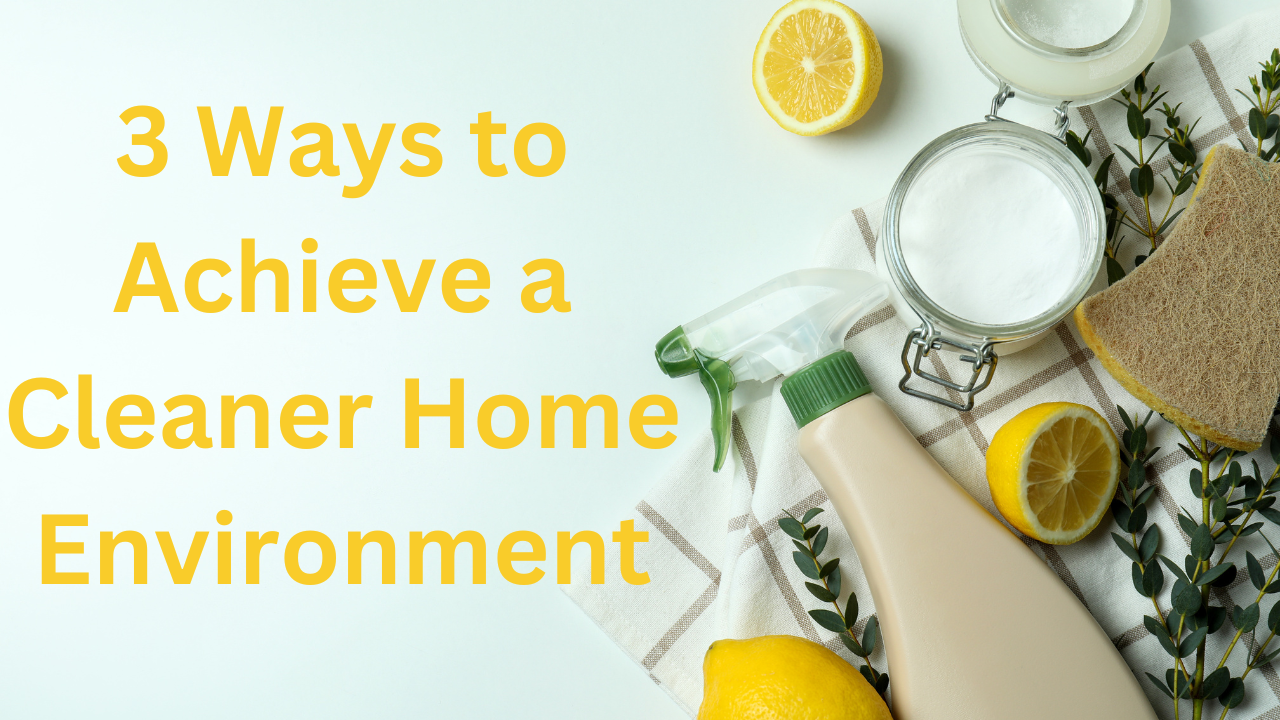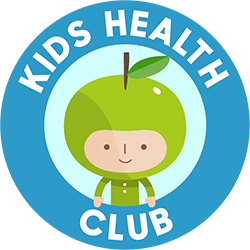3 Ways to Achieve a Cleaner Home Environment

Cleaner Home Supporting Kids Health
1. Ventilate Your Home
Improve air quality by regularly opening windows to ventilate your house. This helps reduce fumes from paint, glues, and furniture (like formaldehyde in pressed wood), as well as mould and dust mites. If someone smokes in your home, suggest they join a Quit Smoking program, which often provides free nicotine patches, or give them a voucher for a hypnotherapy session. Allen Carr’s book has also helped millions quit smoking.
For families with asthmatic children, this is crucial. Children with asthma are 85% more likely to be hospitalised if exposed to secondhand smoke. A study of 25 trials involving 430,000 children found that those with asthma exposed to cigarette smoke had triple the risk of poor lung function compared to other asthmatic children. This study by Wang et al. was published in the Annals of Asthma, Allergies, and Immunology in October 2015.
-
Avoid Insect Sprays and Pesticides
Recently, glyphosate (Round-Up) was classified by the IARC as a probable carcinogen, linked to an increased incidence of non-Hodgkin’s lymphoma in humans and many kinds of malignant tumors in animals. Harvard researchers found that children exposed to indoor pesticides or herbicides have a higher risk of developing leukemia and lymphoma.
Another study showed that children with the highest pesticide concentrations in their urine exhibited hyperactive behaviouor and poor attention (ADHD).
There are many non-toxic ways to control insects:
- Cover all food or refrigerate it
- Install fly screens on windows
- Use electric devices that emit high-pitched sounds to repel insects
Children are more vulnerable to pesticides because:
- They breathe, drink, and eat more relative to their size
- Their protective mechanisms, such as the blood-brain barrier, are not fully developed
- Their detoxification organs, like the liver and kidneys, do not yet function at full capacity
-
Choose Organic Foods
Most pesticides in children come from food. Switching to an organic diet can reduce pesticide levels in their bodies within a few days. The Environmental Working Group (EWG) lists the "Dirty Dozen" - fruits and vegetables with the highest pesticide levels that should ideally be organic. Milk, dairy products, and meats also accumulate higher concentrations of pesticides, so choose organic options or reduce intake.


